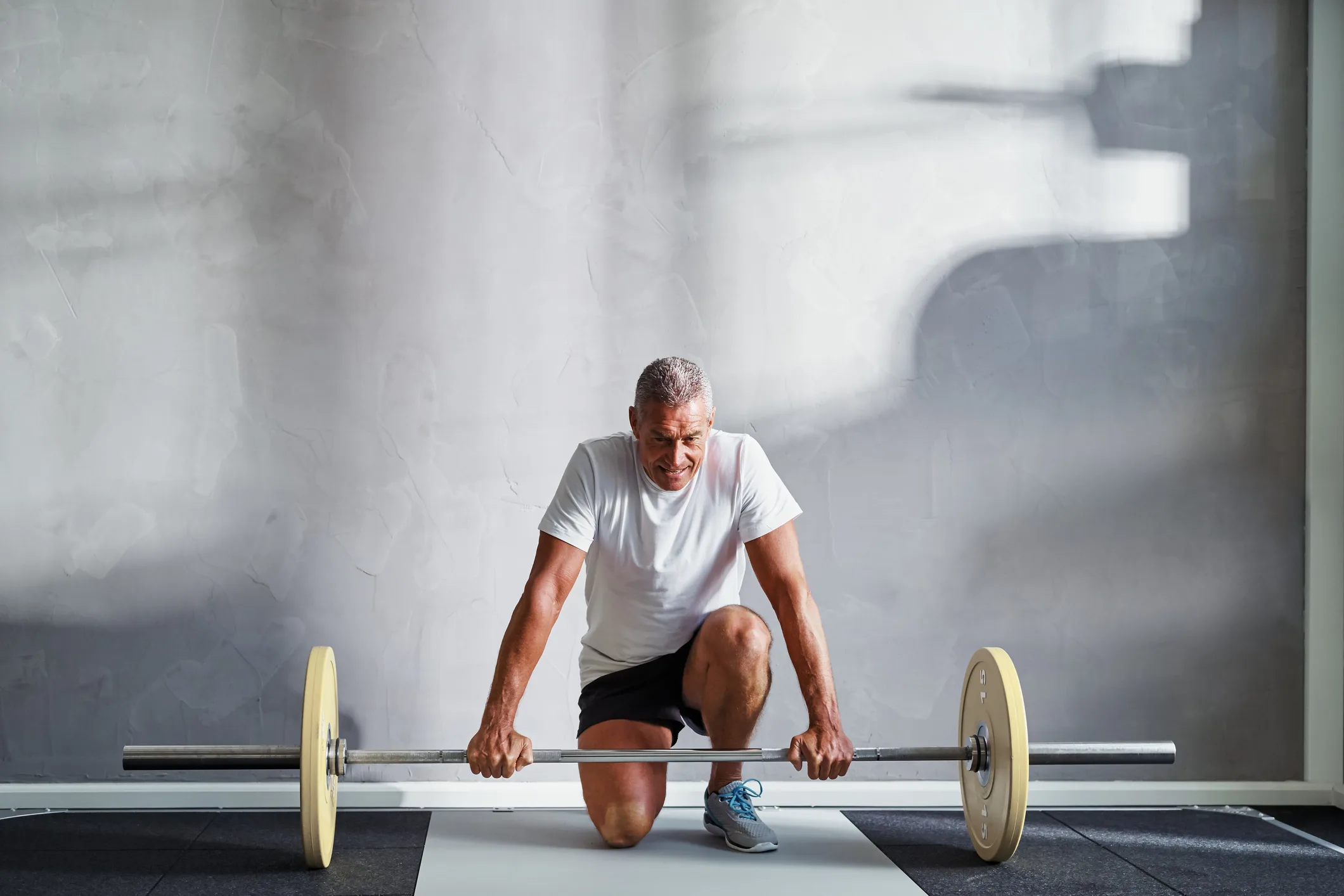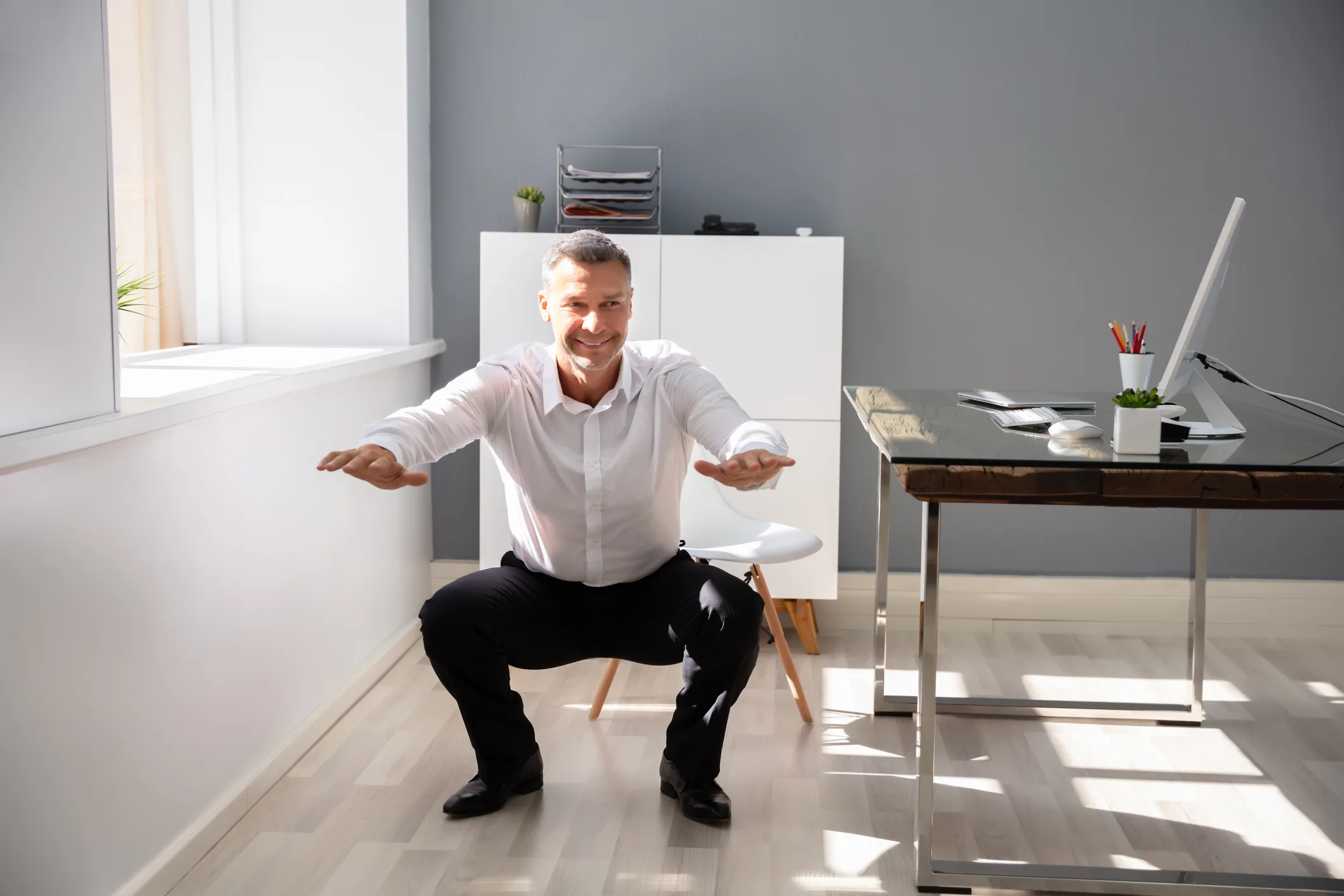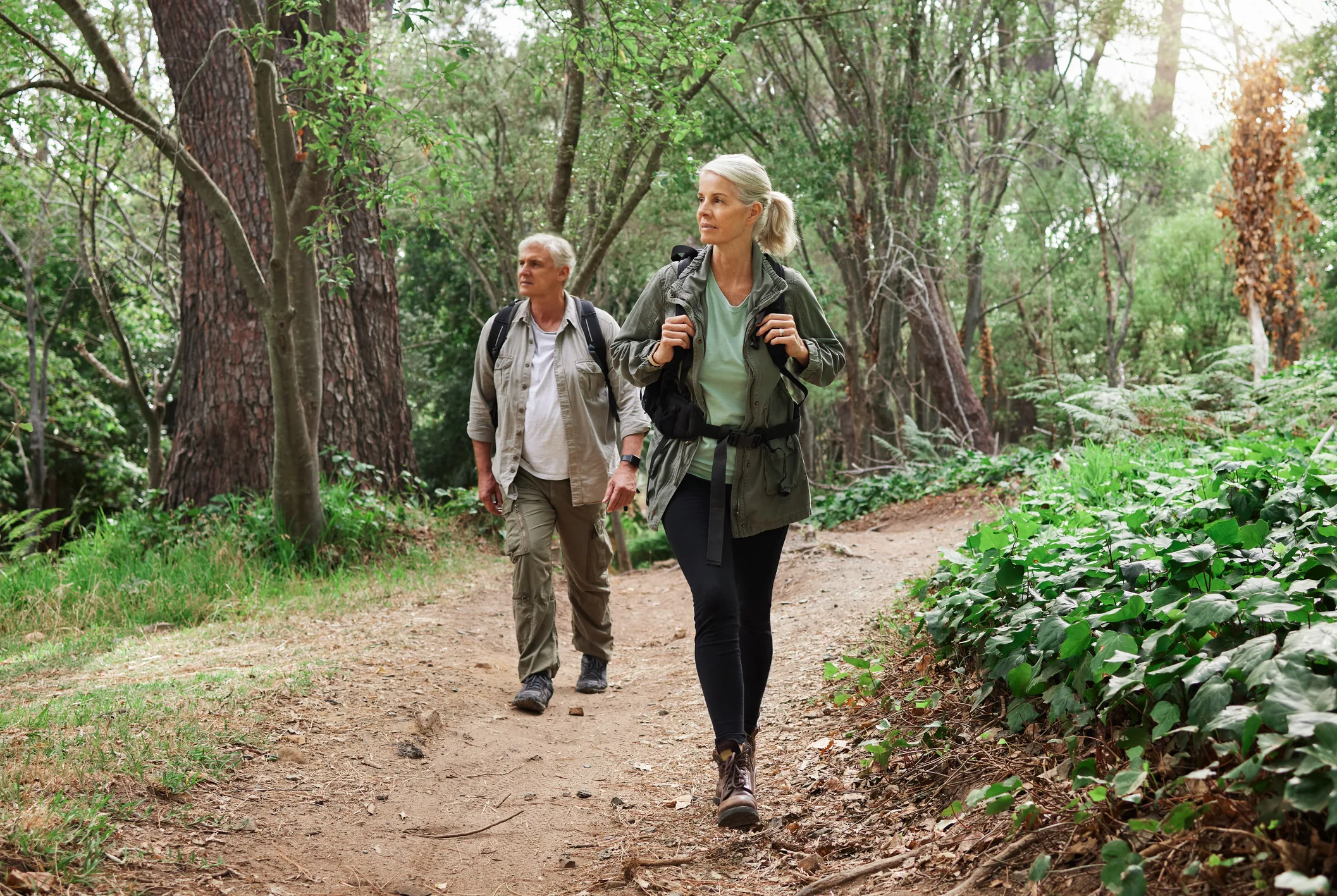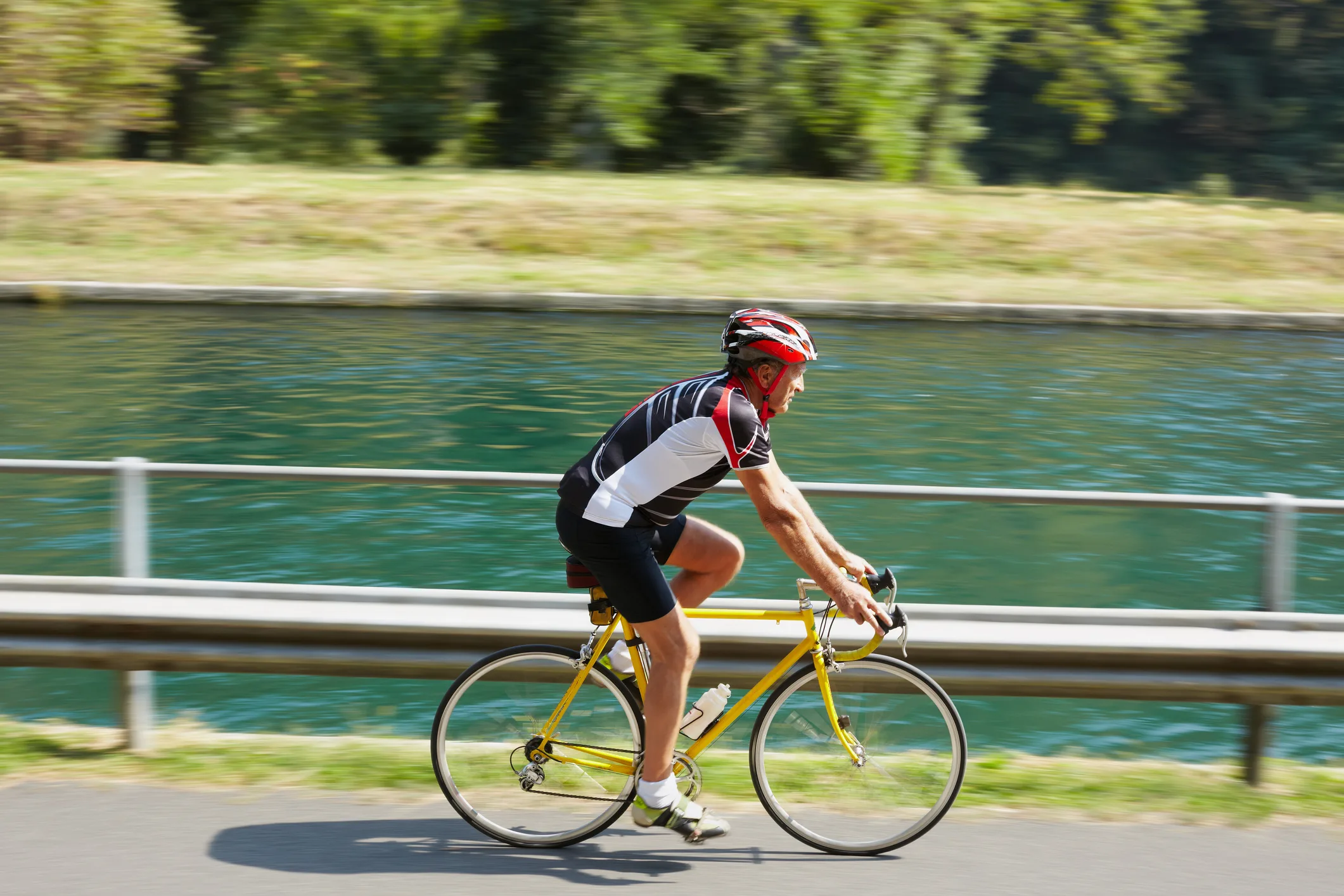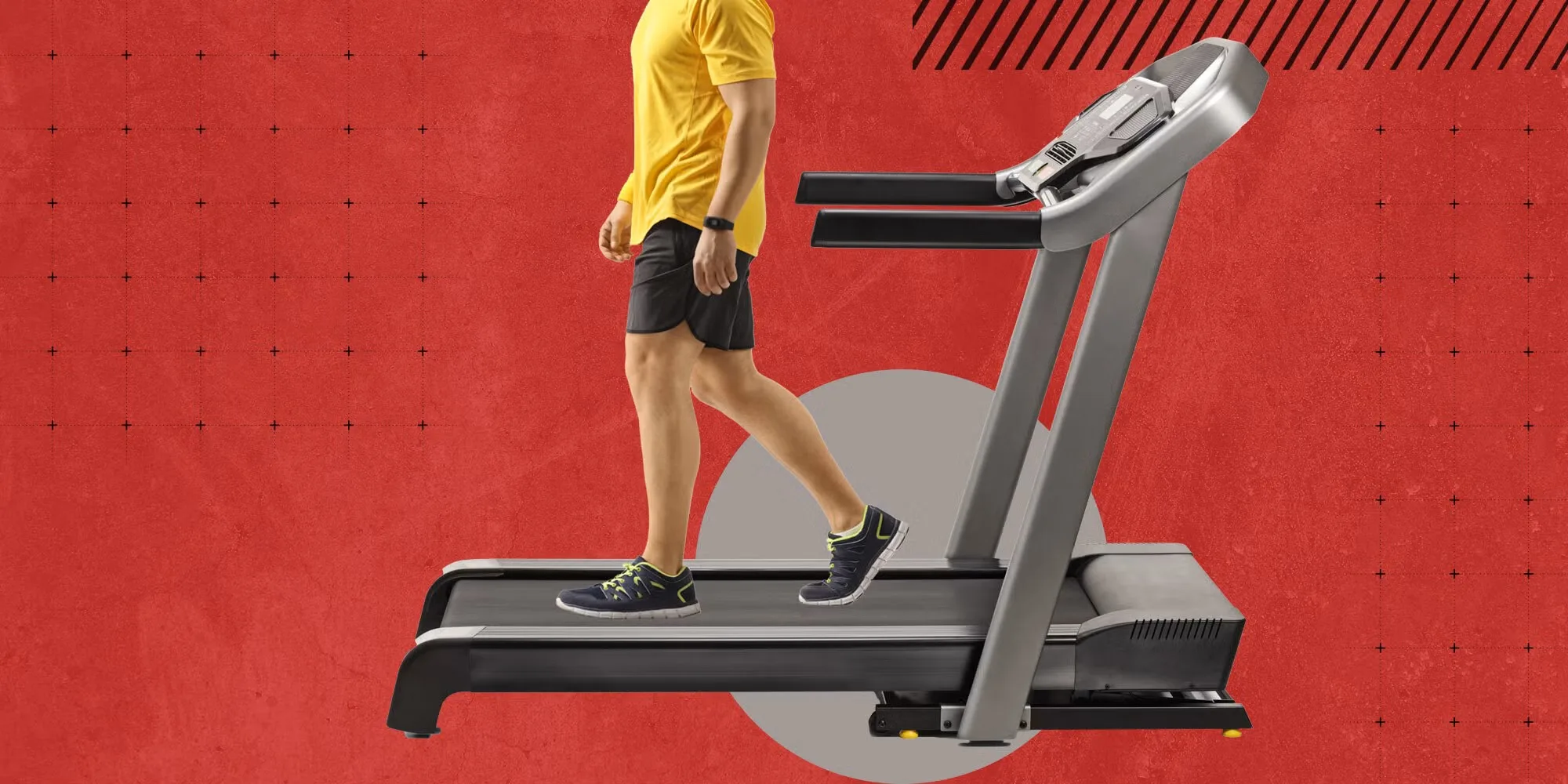Have you ever found yourself deep into an exercise routine, glancing at the clock, and thinking, “Has it really only been that long?” Or perhaps, during a particularly challenging stretch, felt like minutes were stretching into an eternity? If so, you’re not alone! A recent study confirms what many of us have suspected: time really does seem to slow down when you’re pushing yourself physically, especially during a tough workout.
This fascinating discovery sheds new light on how our minds and bodies interact during exercise, offering intriguing insights that can be particularly relevant for older adults looking to stay active and engaged.
The Study: Pushing Limits, Perceiving Time
To explore this “time warp,” researchers designed an experiment with 33 participants. They were asked to cycle a 4,000-meter course on a stationary bike, a distance that would challenge them physically. At various points throughout their ride, participants had a unique task: they had to estimate when exactly 30 seconds had passed. These time estimates were taken before they even started cycling, at three different points during the ride, and again after they finished.
To add another layer of challenge and realism, each cyclist completed the trial under three distinct conditions:
- Solo: Riding alone on the virtual course.
- With a Passive “Ghost” Opponent: Riding alongside a virtual competitor who simply maintained a predetermined pace.
- During a Competitive Race: Actively racing against a virtual opponent, aiming to win.
The goal was to see if the presence of others, or the pressure of competition, would change how time was perceived.
The Surprising Results: Time Drags, Regardless of the Race
Across all three conditions – riding solo, with a ghost, or in a full-blown race – the participants consistently felt that time was moving slower than it actually was. On average, they were about 8-9% too fast in their 30-second estimations, meaning that when they thought 30 seconds had passed, more real time had actually gone by. Imagine that – your internal clock is running slower than the actual clock!
Even more surprisingly, this “time-slowing” effect didn’t change whether they were riding by themselves or fiercely competing against a virtual opponent. The sensation of time dragging wasn’t linked to how hard they felt they were working (their perceived exertion) or how competitive the environment was. It seems the act of physical exertion itself, rather than external factors, is the primary driver of this time distortion.
What Does This Mean for You?
This research raises intriguing questions about how our brains process time under physical stress. When you exert yourself, your body undergoes all sorts of changes: your heart rate speeds up, your focus might narrow, and fatigue sets in. These internal shifts could all influence how we perceive the passage of time.
For older adults, these findings offer valuable perspective:
- You’re Not Imagining It: If your brisk walk feels longer than 30 minutes or your exercise class seems to stretch on, know that it’s a genuine phenomenon. This understanding can help you set realistic expectations and avoid feeling discouraged. Your body is indeed working hard, and your brain is registering that intensity by slowing down its internal clock.
- Focus on the Process, Not Just the Clock: Instead of fixating on how much time is passing, try to focus on the sensations of your body, the rhythm of your breathing, or the joy of movement. For athletes, this warped perception can make precise pacing difficult. If your brain starts stretching or compressing time mid-race, it’s hard to hit specific targets. This is why many top performers use visualization or external cues (like pacing lights on a track) to stay on track. For everyday exercisers, this might mean simply enjoying the scenery during a walk or listening to your favorite music to shift your focus away from the clock.
Takeaway
Ultimately, time doesn’t actually slow down – it just seems like it does when we’re deep in physical effort. This fascinating insight into how our brains react to intense pressure invites us to think differently about our workouts. As scientists continue to explore how our brains learn and adapt, we may uncover even more strategies to make exercise not just effective, but also more enjoyable, helping all of us stay active and vibrant well into our golden years.
Source:

